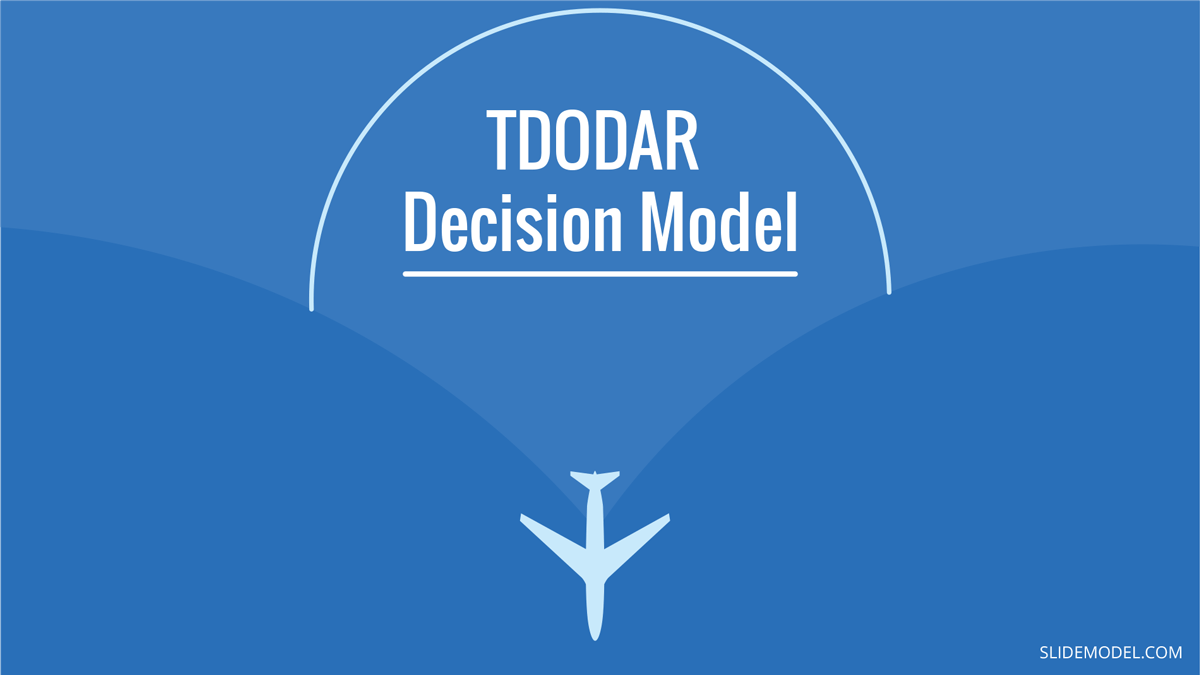Successfully managing Gen Z employees requires understanding their unique characteristics and values. The generation born from the late 1990s to the early 2010s has come of age in a realm dominated by digital advancements, where technology and immediate information retrieval are readily available. They are known for being highly educated, tech-savvy, and valuing diversity and inclusion. Effective managers of Gen Z recognize the importance of providing a workplace that fosters creativity, flexibility, and a sense of purpose.
Leaders should consider their preference for frequent communication and feedback to connect with Gen Z in the workplace. They appreciate transparency and a collaborative work environment. Unlike previous generations, Gen Z employees may prioritize work-life balance and meaningful work over career advancement and financial incentives. Managers can support them in being their authentic selves by encouraging individuality and providing opportunities for them to contribute significantly to the company’s mission.
Furthermore, adapting to the learning style of Gen Z employees can be beneficial; they are quick learners but prefer hands-on approaches and visual aids over traditional methods. Utilizing technology for training and development is appealing and plays to their strengths. By acknowledging and leveraging the unique skills and perspectives that Gen Z brings to the table, companies can create a dynamic and progressive workplace that is well-suited for the future. Managers should remember that giving Gen Z visibility and project ownership can lead to innovation and a deepened commitment to the organization.
Understanding Generation Z
To manage Generation Z effectively, one must grasp their unique characteristics, deeply held values, and the integral role technology plays in their lives. They bring a fresh perspective to the workforce, shaped by an unprecedented digital ecosystem.
Characteristics of Gen Z
Individuals who are part of Generation Z are typically defined as those born from 1997 to 2012. As Curtis Odom of Prescient Strategists noted, they are known to be authentic, seeking transparency and honesty in their professional environments. Pragmatism also guides their decisions; they often showcase a blend of entrepreneurial spirit and realistic outlooks.
Values and Work Ethics
Generation Z significantly emphasizes diversity and inclusion, valuing varied perspectives and backgrounds within the workforce. A desire for flexibility and stability often characterizes their work ethic. This generation looks for opportunities to grow and prefers clearly understanding their career advancement prospects.
Digital Natives and Technology Use
As true digital natives, this cohort has been immersed in technology from a young age. With smartphones becoming ubiquitous, they are accustomed to fast communication and information exchange. They are also active on social media, which they use for personal interactions, networking, and professional growth. Integrating technology into their everyday lives is natural and seamless for Generation Z, often seeking the same level of tech-savviness and digital integration in their professional roles.
Effective Management Strategies
Effective management of Gen Z requires modern approaches that resonate with their unique characteristics. These strategies must be adaptive and align with the values important to this generation.
Adopting a Flexible Management Style
For managers, adopting a flexible management style is crucial. Gen Z values autonomy and often prefers jobs that balance life and work well. Managers successful in overseeing this generation often do so by offering flexible schedules, the ability to work remotely, and respect for their work style preferences. Acknowledging their need for a work environment that adapts to their life can lead to higher levels of satisfaction and retention among Gen Z employees.
Emphasizing Purpose and Values
Purpose and values are at the core of Gen Z’s work ethic. They seek careers that not only provide financial stability but also have a positive impact on society. Managers can harness this by ensuring that company goals and the roles of Gen Z employees align with social good. Moreover, company practices and ethics transparency can fortify their trust and loyalty.
Cultivating a Culture of Learning and Growth
Finally, fostering an environment prioritizing continuous learning and growth opportunities is essential for nurturing Gen Z’s talents. Managers should encourage professional development through mentorship programs and provide resources for skill enhancement. Promoting the professional development of Generation Z workers fosters a vibrant and inventive work environment.
Creating a Supportive Work Environment
In order to optimize the management of Gen Z in the workforce, it’s critical to create a supportive work environment focused on diversity, well-being, and professional development. These elements are essential in fostering an inclusive culture that resonates with the values and expectations of Gen Z employees.
Fostering Diversity, Equity, and Inclusion
Diversity in the workplace is valued highly by Gen Z employees. They seek an environment where equity and inclusion are not just promoted but actively practiced. This involves hiring practices that bring diverse perspectives to the table and policies that give every employee an equal chance to succeed. For example, implementing transparent hiring criteria and providing diversity training can create an equitable work culture.
Providing Mentorship and Support
Mentorship is a key component in supporting the Gen Z workforce. It helps with career development and provides guidance. Mentors can offer insight and advice drawn from their own experiences, aiding Gen Z employees in navigating the professional landscape. Businesses can match their staff with seasoned experts who can assist and act as exemplary figures.
Ensuring Well-being and Work-Life Balance
Acknowledging the significance of maintaining one’s welfare and achieving equilibrium between personal and professional life, companies can take steps to ensure their Gen Z employees do not suffer from burnout. This means promoting a culture of flexibility where employees can control their work schedules, potentially through remote work options or flexible hours. Wellness programs and mental health days can further demonstrate a company’s commitment to its employees’ health and happiness.
Communication and Feedback
Effective management of Gen Z employees involves cultivating a setting where open dialogue prevails as the standard, and feedback is not only expected but integrated into the fabric of their career development. Clear expectations and an emphasis on career growth are essential.
Open Communication and Clear Expectations
Gen Z workers thrive in settings where expectations are transparent, and communication channels are open. They prefer direct dialogue and access to information that helps them understand their roles and contributions within the company. Establishing regular check-ins can be a boon for clarity, as noted by Forbes, which facilitates both the setting of clear goals and the prompt addressing of any misunderstandings.
Feedback Culture and Career Development
A culture that values feedback aligns well with Gen Z’s desire for career advancement. Incorporating frequent, constructive feedback sessions helps Gen Z employees gauge their progress and fosters a sense of investment in their career trajectory. Inc.com highlights that 60% of Gen Z workers want multiple check-ins during the week, which suggests that they value and are motivated by regular insights into their performance and career progression.
Attracting and Retaining Gen Z Talent
To effectively manage the expectations of Generation Z in the workplace, employers must focus on evolving their recruitment strategies, enhancing compensation packages, and providing ample growth opportunities.
Modernizing Recruitment Strategies
Employers aiming to attract Gen Z talent should leverage digital platforms and social media, emphasizing their brand’s culture and values. Implementing technology and showcasing a commitment to diversity and social responsibility resonate with Gen Z candidates. They appreciate application processes that are streamlined and transparent, helping them to connect with prospective roles more authentically and efficiently.
Offering Competitive Salaries and Benefits
Companies must consider that Gen Z workers are entering the workforce with fresh perspectives on job stability and financial stability. Competitive salaries are essential, but so are unique perks and benefits, such as flexible working schedules, wellness programs, and student loan assistance. Providing an all-encompassing perks bundle may serve as a crucial determinant for Generation Z professionals when deciding where to kickstart their careers.
Career Development Opportunities
Gen Z employees are not only looking for immediate job fulfillment; they are also planning their long-term career trajectory from the outset. Employers can enhance retention by providing clear pathways for advancement, ongoing education, mentorship programs, and regular feedback. They seek roles that fit their current skills and allow them to acquire new competencies, preparing for a future that promises even more rapid evolution in the job market.
Addressing Challenges and Misconceptions
In managing Generation Z, leaders face the challenge of overcoming pervasive misconceptions, such as perceived entitlement and laziness, while also navigating the complexities of inter-generational dynamics in the workplace.
Combating Labels of Entitlement and Laziness
Entitled and lazy are labels often unfairly attributed to Gen Z employees. To combat these stereotypes, managers must recognize the unique factors driving Gen Z’s work ethic and aspirations. According to Forbes, contrary to popular belief, Gen Z workers are highly motivated but value purpose, flexibility, and advancement in their work. Leaders can unlock their potential by providing clear career pathways, fostering a culture that aligns with their values, and offering flexible work options.
Navigating Inter-Generational Dynamics
Inter-generational dynamics in the workplace involve blending the differing work styles and values of Baby Boomers, Gen X, Millennials, and Gen Z. Data from Forbes Coachescouncil suggests that breaking down assumptions each generation has about the others and fostering open communication are critical. Managers should encourage knowledge sharing and mentorship across generations while ensuring all employees feel their contributions are respected and valuable.
Engagement and Productivity
One must focus on strategies that enhance engagement and productivity to manage Generation Z in the workplace effectively. These include leveraging collaboration, integrating technology into workflows, and recognizing and rewarding productivity. These approaches foster a sense of community and loyalty and accommodate the preferences of a generation that highly values work-life balance and flexibility, such as the ability to work from home.
Leveraging Collaboration and Teamwork Initiatives
Generation Z employees thrive in environments that encourage team collaboration. Employers can engage this cohort by creating projects that require collective input and offer shared responsibilities. This can be as simple as organizing brainstorming sessions, which can be conducted remotely or in person. Promoting team collaboration is essential, as it bolsters productivity and enhances young workers’ sense of belonging and loyalty.
Technology Integration in Workflow
Technology is second nature to Generation Z, and they expect it to be seamlessly integrated into their work processes. Tools that facilitate telecommuting and project management, such as Trello or Asana, can help maintain productivity levels when employees work from home. By embracing technology integration, companies signal to Gen Z that they are forward-thinking and supportive of a modern, digital-first work environment.
Recognizing and Rewarding Productivity
An effective way to engage Gen Z employees is by acknowledging their achievements and offering incentives for productivity. This could include performance bonuses, public recognition, or professional development opportunities when employees feel appreciated, their loyalty and motivation to produce high-quality work increase. Managers should be transparent about performance metrics and provide regular feedback, positioning it as an investment in the personal growth of their Gen Z staff.
Preparing for the Future of Work
As businesses anticipate the entrance of Generation Z into the workplace, it becomes crucial to address their unique expectations shaped by recent economic and social shifts. Companies are compelled to reassess their structures and strategies to harness the fresh perspectives and digital fluency of this new wave of employees.
Embracing Change and Innovation
Companies need to cultivate a culture of change to remain competitive and relevant. The rise of the gig economy and the impetus for innovation have been further accelerated by the pandemic, influencing work culture like never before. Preparing for a future where agile work environments are the norm means investing in tools and systems that encourage creative problem-solving and rapid adaptation to new market demands.
Adapting to Economic Fluctuations and Global Trends
In light of recent economic uncertainties, including fears of a recession and the phenomenon known as the Great Resignation, organizations must adapt to a fluctuating global landscape. Strengthening resilience by diversifying markets and skill sets is essential. They should also consider how their workplace culture can support continuity in work amidst external pressures, including potential health crises or economic downturns. Offering stability and growth opportunities even in volatile times can be key to retaining the workforce of tomorrow.




